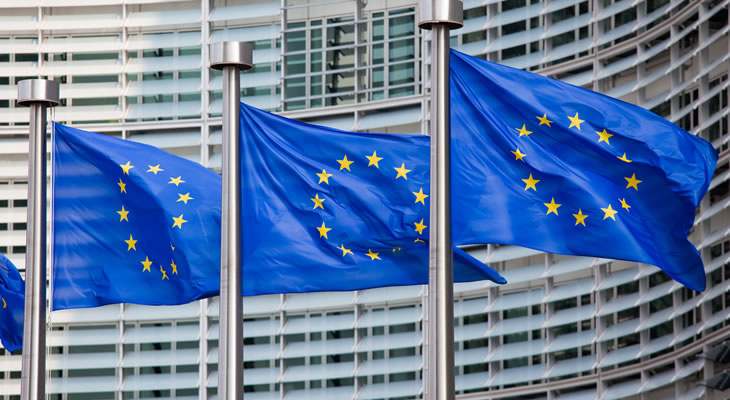The Pound Sterling to Euro (GBP/EUR) exchange rate is forecast to remain trading at a 7-year high next week as any positive Eurozone economic data is likely to be overshadowed by events in Greece and Ukraine.
Syriza/Troika Standoff could weaken Euro (EUR)
The initial optimism that Greece will not leave the Eurozone is likely to give way to nervousness as in its first week in power the Syriza led Greek government has made it clear that it is serious about getting a better deal on its bailout conditions.
More and more economists are stepping forward and announcing their worries that Greece could be heading for an exit from the Eurozone. Syriza and Germany will not back down from their respective stances.
A recent poll released in Germany showed that 43% of Germans were opposed to negotiating on the issue of debt relief, raising the likelihood that the standoff between the two sides will escalate over the coming weeks.
The Euro could also come under pressure from the announcement by EU foreign ministers that they have agreed to extend sanctions imposed upon Russia.
As fighting continues to rage in eastern Ukraine the EU and USA will attempt to asset pressure upon Moscow who they accuse of sending troops and weapons to support pro-Russian rebels.
Moscow has denied direct involvement in the conflict but said that some Russian volunteers are fighting alongside the rebels.
The Euronze slid deeper into deflation territory at the end of the week and that news is likely to filter into the markets.
‘The ECB was more than justified in taking aggressive action earlier in the month. The multi-stimulus of cheap oil, a weak Euro and aggressive monetary easing is now stabilising expectations and will help the ECB reach its price stability target over time,’ said Christian Schulz, senior economist at Berenberg Bank.
PMI and BoE Decision in Focus
Looking ahead to next week the GBP/EUR exchange rate will see movement on Monday due to the release of manufacturing PMI data from the Eurozone and the UK.
Activity across the currency bloc is forecast to have improved in January.
Activity in the UK is also expected to come in stronger.
While the services sector accounts for a greater proportion of UK growth than the manufacturing sector, a positive PMI reading would help the Pound get off to a solid start to the week.
As the week progresses the GBP/EUR exchange rates movement will depend on other PMI releases and Thursday’s latest Bank of England (BoE) interest rate decision.
BoE policymakers are expected to leave rates unchanged at the record low level of 0.5% and maintain its monthly quantitative easing programme at £375 billion.
Also set to influence the currency pair will be concerns over the UK general election. As the vote draws closer we can expect the markets to grow increasingly jittery as the outcome is far from certain.
If the fighting in eastern Ukraine escalates then the markets could be affected by risk aversion.

